The Child Health Equity Center Program to Advance Training in Child Health Equity (PATH) Fellowship trains the next generation of pediatric scientists to conduct rigorous research that addresses critical drivers of child health inequity.
The goal of the training program is to prepare Fellows to specialize in child health equity research and be productive, independent, academic scientists and scholars in this novel and critical area.
The program includes coursework and mentored research training and supports up to two new Fellows annually. The postdoctoral program for Fellows is for three years and is directed by Child Health Equity Center Founding Director Arvin Garg, MD, MPH.
Training is tailored to each Fellow’s specific goals.
Doctoral level trainees (e.g., DO, MD, PhD), including general and subspecialty pediatricians, family medicine providers, and child psychologists are eligible to apply for this fellowship. Additionally, we welcome applications from graduates or PGY4/5 residents from an ACGME-accredited residency program. MD/DO applicants must possess a full or limited Massachusetts Medical License by the time the program commences in July of each academic year.
Upon completing the program, PATH Fellows will have gained the ability to:


All PATH Fellows are required to participate in the following core activities aimed at fostering the essential skills necessary to be a successful child health equity investigator.
PATH Fellows participate in innovative seminars, group discussions, and training aimed at enhancing their child health equity research skills, providing them with a foundation in antiracism and implicit bias training, and supporting their career developmental paths and trajectories. Activities include:


Each year, PATH Fellows are expected to engage in at least two seminars related to diversity and inclusion, two seminars on professional development, and at least ten Grand Rounds. Examples of recent seminars include:
Experiential learning is a key aspect of the program. Fellows have opportunities to engage in experiential learning in all three years of the program, with a particular focus on experiential learning in Year 3. Examples of experiential learning opportunities include:
Fellows with clinical backgrounds (e.g., pediatricians) are encouraged to commit an average of one day per week to pediatric clinical service. Clinical service is vital to ensure that Fellows have the appropriate grounding and foundation from which to formulate new study ideas and hypotheses and create novel clinical interventions.
Given the importance of community organizations in social determinants of health equity research, Fellows have the opportunity to shadow individuals working at social service agencies (e.g., SNAP, WIC, Head Start), community agencies (e.g., Fresh Start Wellness Center, Boys and Girls Clubs), and school-based clinics in Worcester, Massachusetts.
Fellows have the opportunity to volunteer 20-40 hours per year in the UMass Anchor Mission Volunteer Program, which provides volunteer opportunities at nonprofit organizations (researched, vetted, and designated by our Anchor Mission Volunteer Committee) that address social determinants of health — things like unemployment, and food insecurity — that can adversely affect the communities served by UMass Memorial entities. Research shows that volunteering improves mental health and helps people find purpose and meaning in their lives, and promoting volunteering is another way to enhance Fellows’ well-being.
All Fellows have the opportunity to obtain a Master of Science in Clinical Investigation (MSCI) from the Morningside Graduate School of Biomedical Sciences.
The MSCI is an outstanding fit for training research fellows, as the program is intended for individuals already trained in the medical sciences and others with relevant scientific backgrounds and experiences who desire further training in research design and methodology.
Fellows will be grounded in the principles of clinical investigation, with a flexible curriculum tailored to their needs and interests as emerging researchers aspiring to independence as clinical investigators.
Fellows are encouraged to enter the MSCI degree program to obtain foundational research skills. However, it is understood that PhD Fellows may not benefit from the program, because they will have obtained these critical research skills during their doctoral training; therefore, they may opt out of the MSCI degree program.
Fellows pursuing a MSCI are required to satisfactorily complete 36 credits. This includes a core curriculum, elective courses, and the satisfactory completion of thesis research. For the satisfactory completion of a thesis, Fellows are expected to design a research project, defend a formal proposal, perform the described study, and prepare a scholarly scientific paper on the principal study findings. The initial thesis project and final write-up of the research project must be approved by the student’s Thesis Committee. An oral presentation of their study findings is also required.
Using personalized training pathways, the program emphasizes highly individualized career development and training experiences.
The program includes personalized training pathways in three core areas:
Fellows choose their unique pathway nine months after starting the program. Pathways will begin in Year 2 and continue through Year 3, if necessary.
Fellows, paired with the faculty lead for their chosen core area, have an immersive experience that includes one-on-one hour-long monthly meetings. Faculty leads identify key material for Fellows to read ahead of their meetings, these materials serve as the basis of their discussions. Faculty leads also discuss Fellows’ projects within the context of their expertise. Finally, each faculty lead provides individualized career development guidance to Fellows based on the Fellow’s career and lived experiences.

Application Cycle
To submit your application for review, please submit:
Applications should be submitted to PATHFellowship@umassmed.edu. For more information, contact us.
Land Acknowledgement: The Child Health Equity Center acknowledges that our physical office space is located on the unceded ancestral lands of the Nipmuc people. Many members of the Nipmuc Nation remain in Central Massachusetts and carry on their sacred mission to preserve and promote the culture, language, and values of the Nipmuc people.



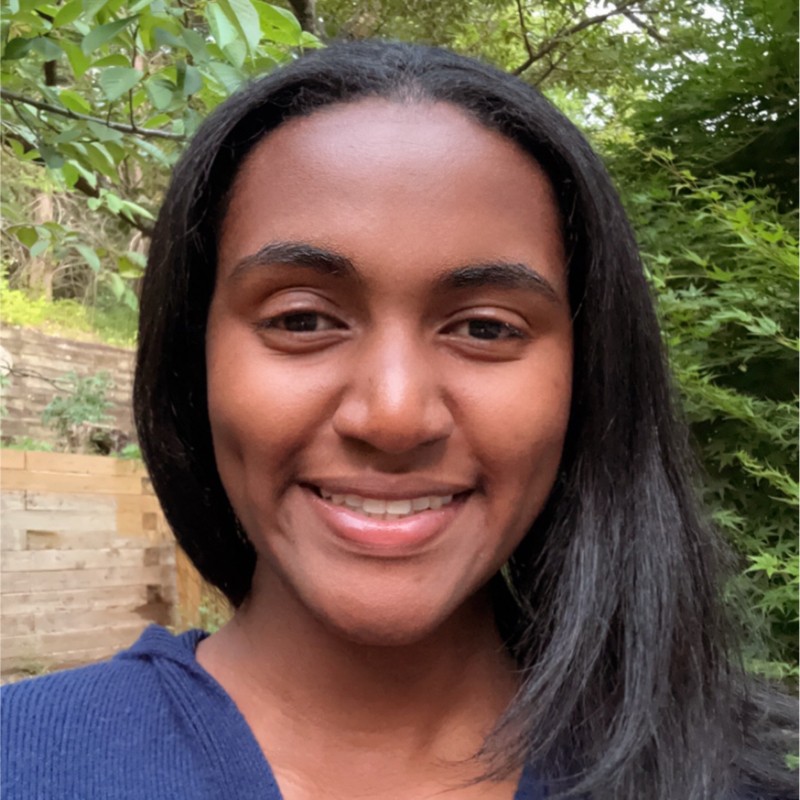
Maia Archer graduated from Boston University with her B.A. in Biology, double minoring in French and Public Health. She is an intern for the Child Health Equity Center primarily assisting with the Pilot Lyft Transportation Program and Food is Medicine Program. Maia will be continuing her academic journey at George Washington University to receive her Masters in Public Health with a concentration in Health Promotion.

Maia Archer graduated from Boston University with her B.A. in Biology, double minoring in French and Public Health. She is an intern for the Child Health Equity Center primarily assisting with the Pilot Lyft Transportation Program and Food is Medicine Program. Maia will be continuing her academic journey at George Washington University to receive her Masters in Public Health with a concentration in Health Promotion.
Monick Powell, C-TAGME, is the Pediatric Training Program Coordinator at UMass Chan Medical School and UMass Memorial Children’s Medical Center. She acts as Coordinator for the Program to Advance Training in Child Health Equity (PATH) Fellowship. She was born in Puerto Rico, grew up in New York, and has been working at UMass since 2004 in various positions in Pediatrics. Ms. Powell established and leads the institutional Training Programs Coordinator Advisory Committee.
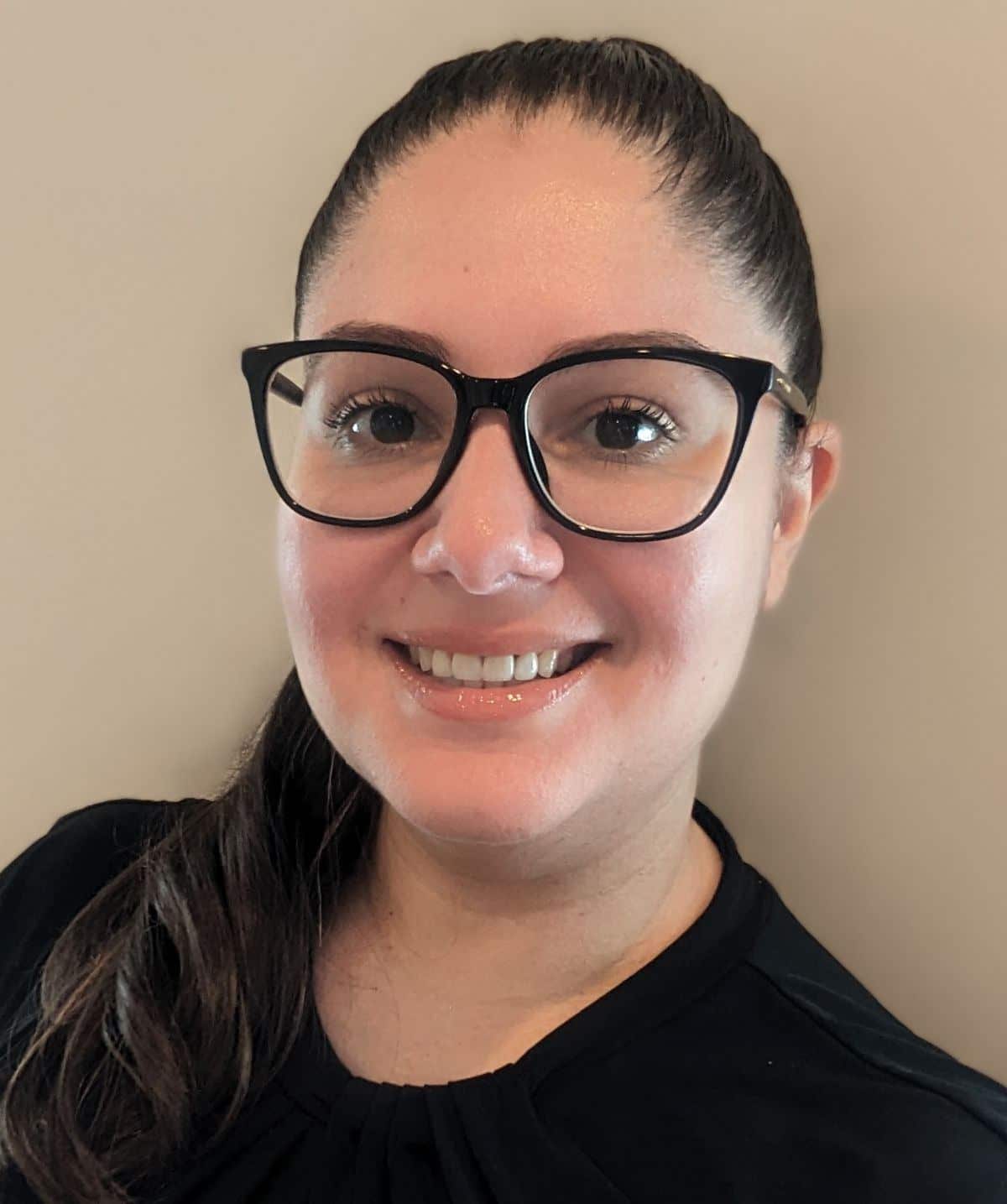
Monick Powell, C-TAGME, is the Pediatric Training Program Coordinator at UMass Chan Medical School and UMass Memorial Children’s Medical Center. She acts as Coordinator for the Program to Advance Training in Child Health Equity (PATH) Fellowship. She was born in Puerto Rico, grew up in New York, and has been working at UMass since 2004 in various positions in Pediatrics. Ms. Powell established and leads the institutional Training Programs Coordinator Advisory Committee.
Larry Rhein, MD, MPH, joined the faculty at UMass Chan Medical School in June 2016. He is an Associate Professor of Pediatrics and Chair of the Department of Pediatrics. Dr. Rhein is board-certified in both pediatric pulmonology and neonatology. He is a health services researcher with a focus on respiratory outcomes of neonatal lung disease and is a national expert on lung disease of prematurity. Dr. Rhein runs a research program focused on optimizing respiratory status in infants with severe lung diseases, particularly infants who are technology- or oxygen-dependent. He has pioneered several protocols for safe outpatient oxygen weaning, which allows infants to be discharged from the neonatal intensive care unit much earlier. Through clinical trials and analysis of physiological data, Dr. Rhein hopes to develop new strategies to prevent and treat neonatal and pediatric lung disease.
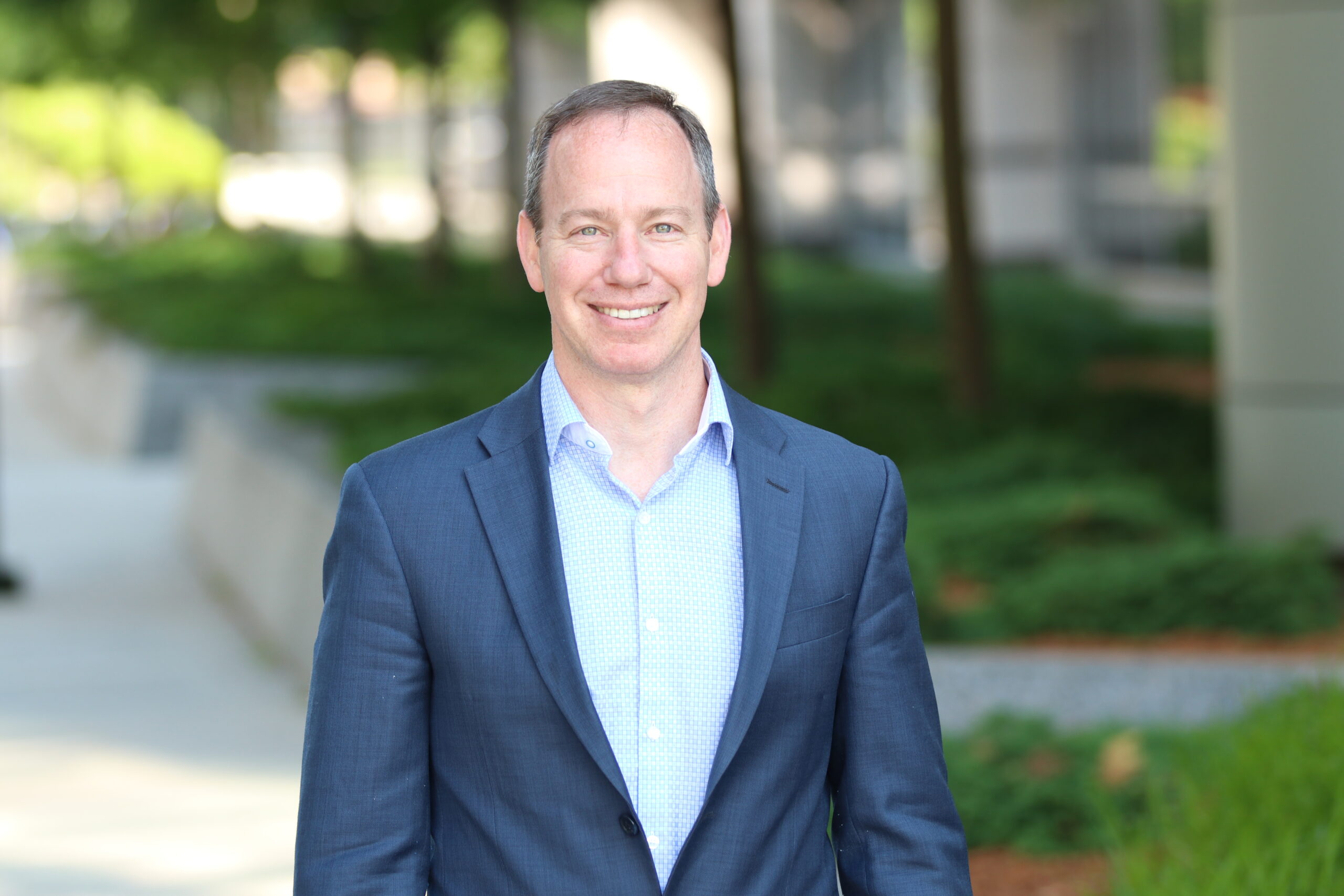
Larry Rhein, MD, MPH, joined the faculty at UMass Chan Medical School in June 2016. He is an Associate Professor of Pediatrics and Chair of the Department of Pediatrics. Dr. Rhein is board-certified in both pediatric pulmonology and neonatology. He is a health services researcher with a focus on respiratory outcomes of neonatal lung disease and is a national expert on lung disease of prematurity. Dr. Rhein runs a research program focused on optimizing respiratory status in infants with severe lung diseases, particularly infants who are technology- or oxygen-dependent. He has pioneered several protocols for safe outpatient oxygen weaning, which allows infants to be discharged from the neonatal intensive care unit much earlier. Through clinical trials and analysis of physiological data, Dr. Rhein hopes to develop new strategies to prevent and treat neonatal and pediatric lung disease.
Michelle Trivedi, MD, MPH, is a pediatric pulmonologist and clinician-scientist who studies sustainable community-based interventions that seek to improve asthma health for children. She is an Associate Professor of Pediatrics and Population Quantitative Health Sciences at UMass Chan Medical School. Dr. Trivedi is Principal Investigator on a National Institutes of Health (NIH)-funded clinical trial of Asthma Link, a clinic-school partnership that delivers school-supervised asthma therapy to children with poorly controlled asthma in 52 schools across Massachusetts.
With a focus on sustainable, pragmatic interventions, she has developed a novel methodology for stakeholder engagement, grounded in implementation science, that elicits input from children, parents, pediatricians, community and systems-level stakeholders (payors, legislators, and public health officials) in order to adapt evidence-based interventions to real-world settings. The ultimate goal of this methodology and her work is to develop interventions that produce positive public and population health impact, particularly for historically marginalized populations.
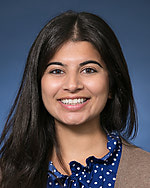
Michelle Trivedi, MD, MPH, is a pediatric pulmonologist and clinician-scientist who studies sustainable community-based interventions that seek to improve asthma health for children. She is an Associate Professor of Pediatrics and Population Quantitative Health Sciences at UMass Chan Medical School. Dr. Trivedi is Principal Investigator on a National Institutes of Health (NIH)-funded clinical trial of Asthma Link, a clinic-school partnership that delivers school-supervised asthma therapy to children with poorly controlled asthma in 52 schools across Massachusetts.
With a focus on sustainable, pragmatic interventions, she has developed a novel methodology for stakeholder engagement, grounded in implementation science, that elicits input from children, parents, pediatricians, community and systems-level stakeholders (payors, legislators, and public health officials) in order to adapt evidence-based interventions to real-world settings. The ultimate goal of this methodology and her work is to develop interventions that produce positive public and population health impact, particularly for historically marginalized populations.
Meg Parker, MD, MPH, is an Associate Professor of Pediatrics and Chief of the Division of Neonatology at UMass Chan Medical School and UMass Memorial Children’s Medical Center. Dr. Parker is a neonatal health services researcher and holds several federal and foundation grants in the area of social disparities in preterm birth outcomes; she has a particular interest in safe sleep and breastfeeding.
Dr. Parker is also an expert in multi-site implementation science and is the Co-Chair of the Neonatal Quality Improvement Collaborative of Massachusetts and an Improvement Advisor from the Institute of Healthcare Improvement. She has led multi-site NICU quality improvements focused on breastfeeding and family engagement. Dr. Parker applies a health equity lens to her local and multisite quality improvement projects.
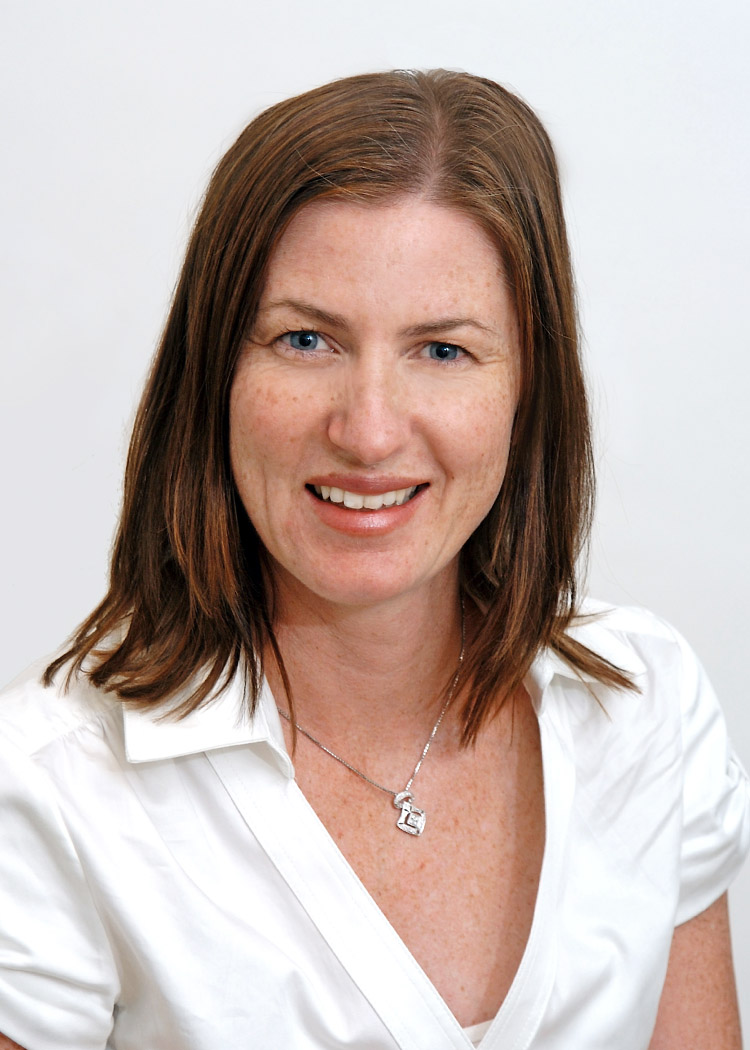
Meg Parker, MD, MPH, is an Associate Professor of Pediatrics and Chief of the Division of Neonatology at UMass Chan Medical School and UMass Memorial Children’s Medical Center. Dr. Parker is a neonatal health services researcher and holds several federal and foundation grants in the area of social disparities in preterm birth outcomes; she has a particular interest in safe sleep and breastfeeding.
Dr. Parker is also an expert in multi-site implementation science and is the Co-Chair of the Neonatal Quality Improvement Collaborative of Massachusetts and an Improvement Advisor from the Institute of Healthcare Improvement. She has led multi-site NICU quality improvements focused on breastfeeding and family engagement. Dr. Parker applies a health equity lens to her local and multisite quality improvement projects.

Nisha Fahey, DO, MSc, is an Assistant Professor at UMass Chan Medical School in the Division of General Pediatrics and a faculty member in the Child Health Equity Center with a focus on global health. Dr. Fahey leads an institutional collaboration with an academic tertiary care center in rural western India focused on research capacity strengthening and community engagement to identify and reduce barriers to care and health inequities in rural community settings. Through this collaboration, she has led the implementation of several research projects in India; recent projects have focused on maternal-child health and social determinants of health. In addition, she is passionate about exploring how digital technologies can be used to reduce health inequities.
Dr. Fahey is an NIH-funded Career Development (K Award) Scholar and her current research focuses on developing ways to promote the practice of Kangaroo Care among mother-neonate dyads post-discharge in local and international settings.
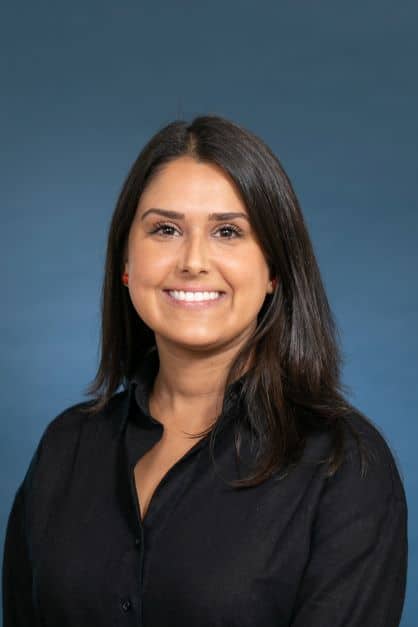
Nisha Fahey, DO, MSc, is an Assistant Professor at UMass Chan Medical School in the Division of General Pediatrics and a faculty member in the Child Health Equity Center with a focus on global health. Dr. Fahey leads an institutional collaboration with an academic tertiary care center in rural western India focused on research capacity strengthening and community engagement to identify and reduce barriers to care and health inequities in rural community settings. Through this collaboration, she has led the implementation of several research projects in India; recent projects have focused on maternal-child health and social determinants of health. In addition, she is passionate about exploring how digital technologies can be used to reduce health inequities.
Dr. Fahey is an NIH-funded Career Development (K Award) Scholar and her current research focuses on developing ways to promote the practice of Kangaroo Care among mother-neonate dyads post-discharge in local and international settings.
Sarabeth Broder-Fingert, MD, MPH, is a pediatrician and implementation scientist who studies early diagnosis and treatment for autistic children and children with other developmental, behavioral, and/or mental health disorders. She is Vice Chair for Clinical Research in Pediatrics and Associate Director for Research at the Eunice Kennedy Shriver Center at UMass Chan Medical School. Dr. Broder-Fingert is Principal Investigator on multiple National Institutes of Health (NIH)-funded awards focused on testing and/or evaluating the implementation of autism interventions. Dr. Broder-Fingert has published more than 60 peer-reviewed manuscripts and serves as an editor for the Autism and Hospital Pediatrics journals.
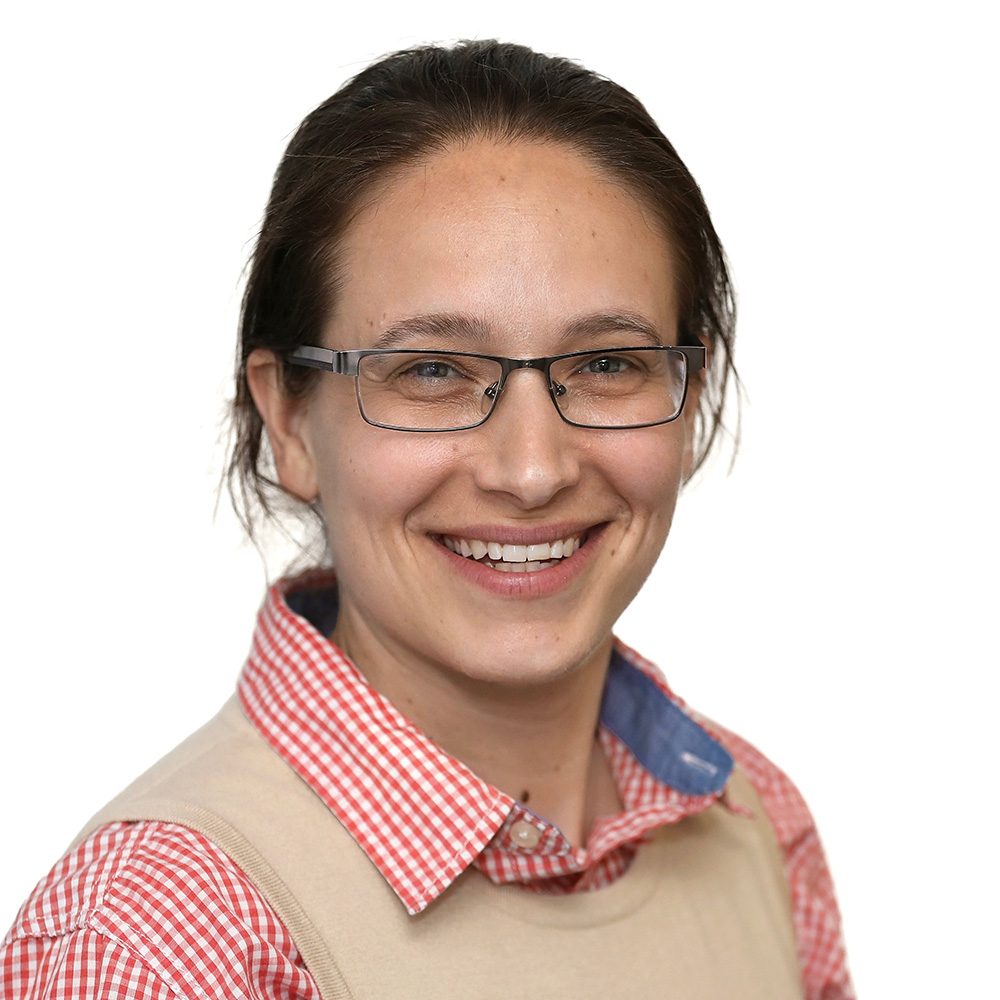
Sarabeth Broder-Fingert, MD, MPH, is a pediatrician and implementation scientist who studies early diagnosis and treatment for autistic children and children with other developmental, behavioral, and/or mental health disorders. She is Vice Chair for Clinical Research in Pediatrics and Associate Director for Research at the Eunice Kennedy Shriver Center at UMass Chan Medical School. Dr. Broder-Fingert is Principal Investigator on multiple National Institutes of Health (NIH)-funded awards focused on testing and/or evaluating the implementation of autism interventions. Dr. Broder-Fingert has published more than 60 peer-reviewed manuscripts and serves as an editor for the Autism and Hospital Pediatrics journals.
Alison LeBlanc, MS, PMP, is an experienced development strategist and child health equity advocate with over a decade of experience designing and implementing initiatives to address adverse social determinants of health. Ms. LeBlanc subscribes to the philosophy “nothing about us without us.” To this end, she has extensive experience fostering bidirectional community partnerships and coalition building. She also has a strong track record of building sustainable centers of excellence in safety-net healthcare systems.
As a disability and chronic disease self-advocate, Ms. LeBlanc has spent years redefining what it means to promote inclusivity and belonging and is dedicated to continually raising the bar for herself and her colleagues. Ms. LeBlanc completed her undergraduate degree at Wesleyan University and completed her master’s in communications at the S.I. Newhouse School of Public Communications at Syracuse University.

Alison LeBlanc, MS, PMP, is an experienced development strategist and child health equity advocate with over a decade of experience designing and implementing initiatives to address adverse social determinants of health. Ms. LeBlanc subscribes to the philosophy “nothing about us without us.” To this end, she has extensive experience fostering bidirectional community partnerships and coalition building. She also has a strong track record of building sustainable centers of excellence in safety-net healthcare systems.
As a disability and chronic disease self-advocate, Ms. LeBlanc has spent years redefining what it means to promote inclusivity and belonging and is dedicated to continually raising the bar for herself and her colleagues. Ms. LeBlanc completed her undergraduate degree at Wesleyan University and completed her master’s in communications at the S.I. Newhouse School of Public Communications at Syracuse University.
Arvin Garg, MD, MPH, is a general pediatrician and clinician-scientist who studies addressing unmet social needs through family-centered healthcare system-based interventions. He is the Founding Director of the Child Health Equity Center and the Founding Program Director of the Program to Advance Training in Child Health Equity (PATH) Fellowship. He is currently a Tenured Professor of Pediatrics and Vice Chair of Health Equity at UMass Chan Medical School and UMass Memorial Children’s Medical Center. Dr. Garg is also Associate Chief Quality Officer for Health Equity for UMass Memorial Health.
Since 2009, Dr. Garg has been continuously funded by the National Institutes of Health (NIH) and has received extramural funding from private foundations. He is Principal Investigator or Co-Investigator on multiple NIH-funded awards focused on testing and/or evaluating the implementation of interventions addressing social needs. He has published over 125 peer-reviewed manuscripts and serves as Associate Editor for the Journal of Developmental & Behavioral Pediatrics. He was recently the Chair of the Health Care Delivery Committee for the Academic Pediatric Association (APA) and is the President-Elect for the APA.
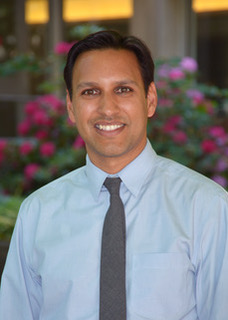
Arvin Garg, MD, MPH, is a general pediatrician and clinician-scientist who studies addressing unmet social needs through family-centered healthcare system-based interventions. He is the Founding Director of the Child Health Equity Center and the Founding Program Director of the Program to Advance Training in Child Health Equity (PATH) Fellowship. He is currently a Tenured Professor of Pediatrics and Vice Chair of Health Equity at UMass Chan Medical School and UMass Memorial Children’s Medical Center. Dr. Garg is also Associate Chief Quality Officer for Health Equity for UMass Memorial Health.
Since 2009, Dr. Garg has been continuously funded by the National Institutes of Health (NIH) and has received extramural funding from private foundations. He is Principal Investigator or Co-Investigator on multiple NIH-funded awards focused on testing and/or evaluating the implementation of interventions addressing social needs. He has published over 125 peer-reviewed manuscripts and serves as Associate Editor for the Journal of Developmental & Behavioral Pediatrics. He was recently the Chair of the Health Care Delivery Committee for the Academic Pediatric Association (APA) and is the President-Elect for the APA.